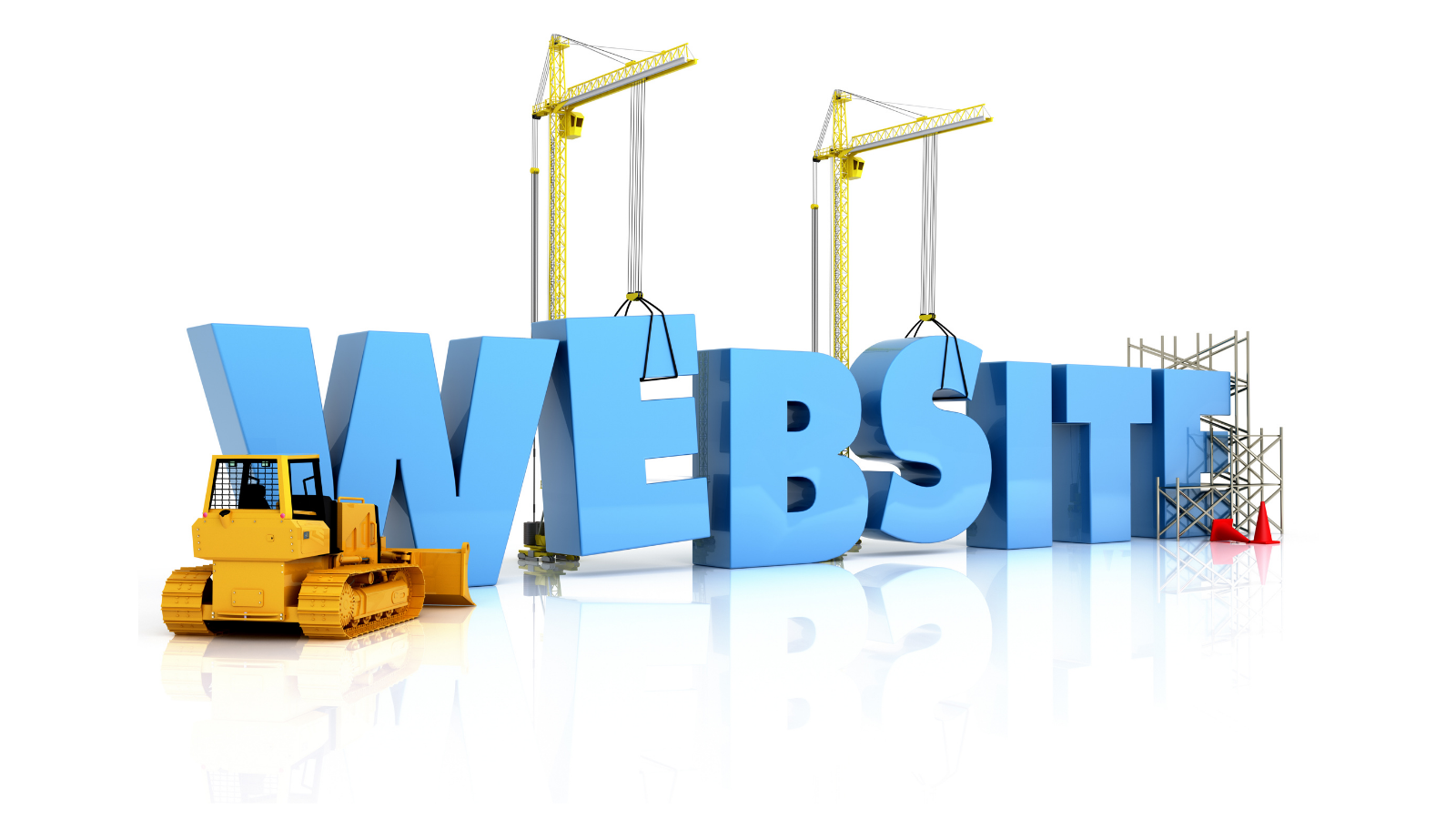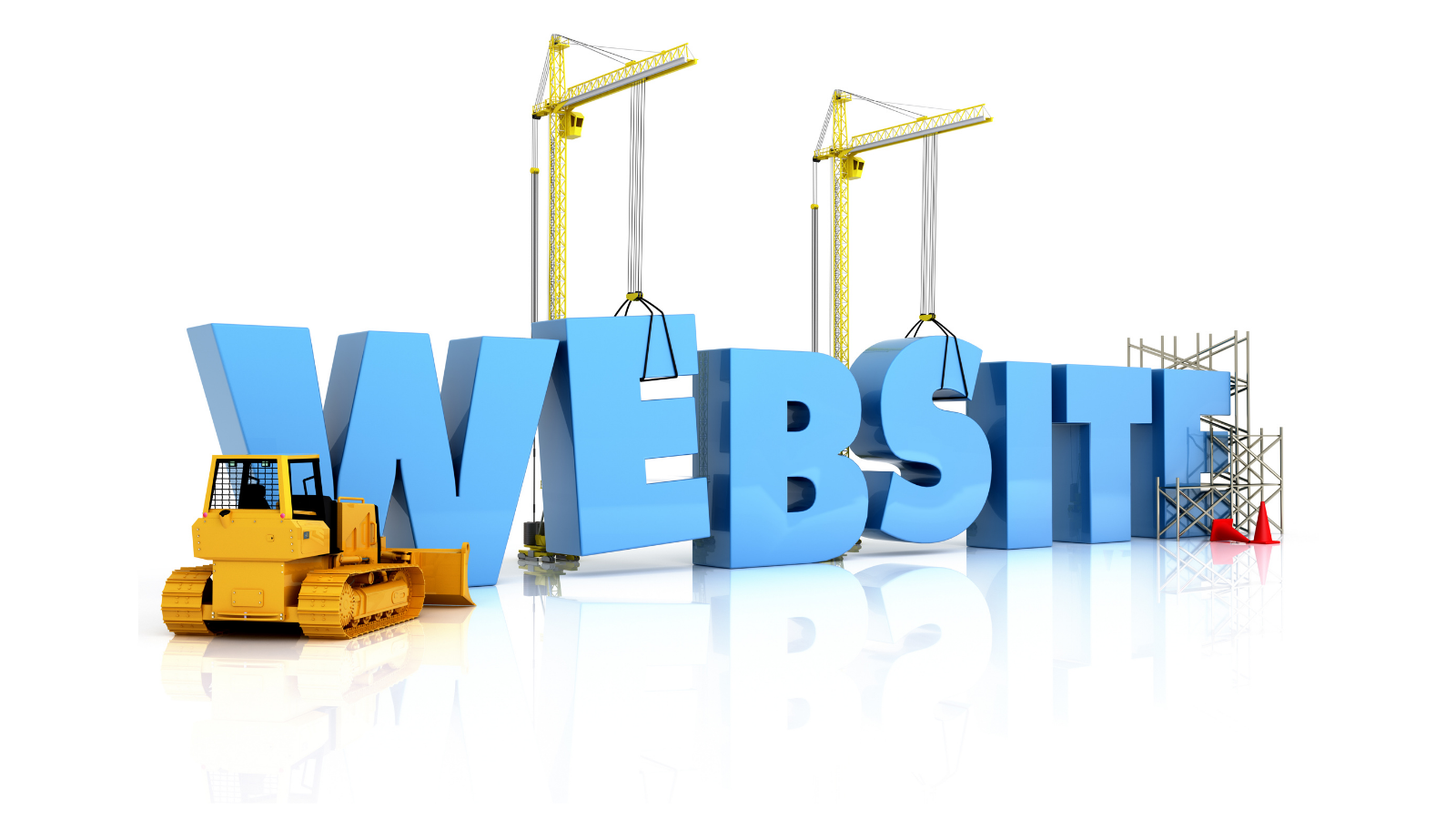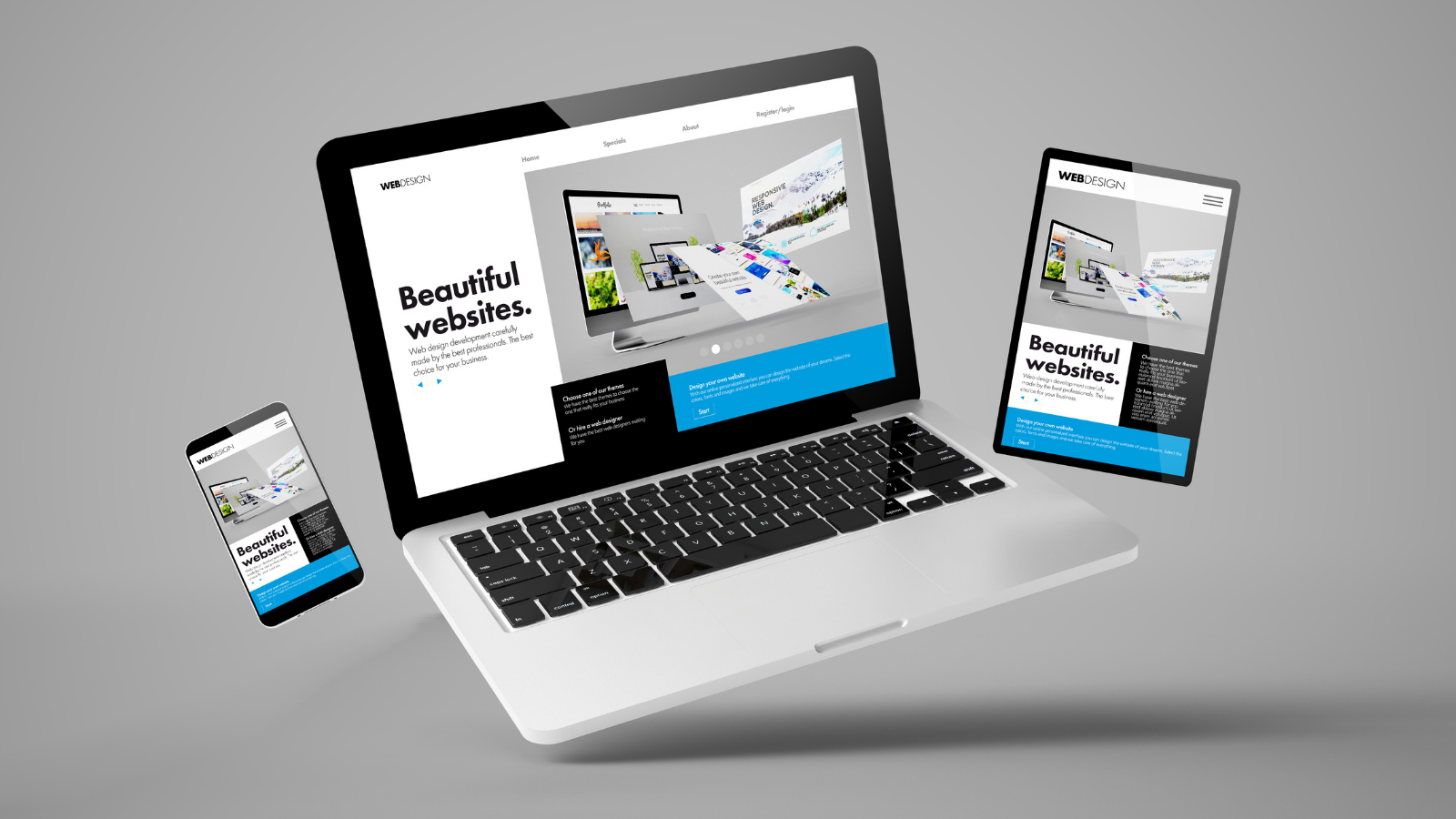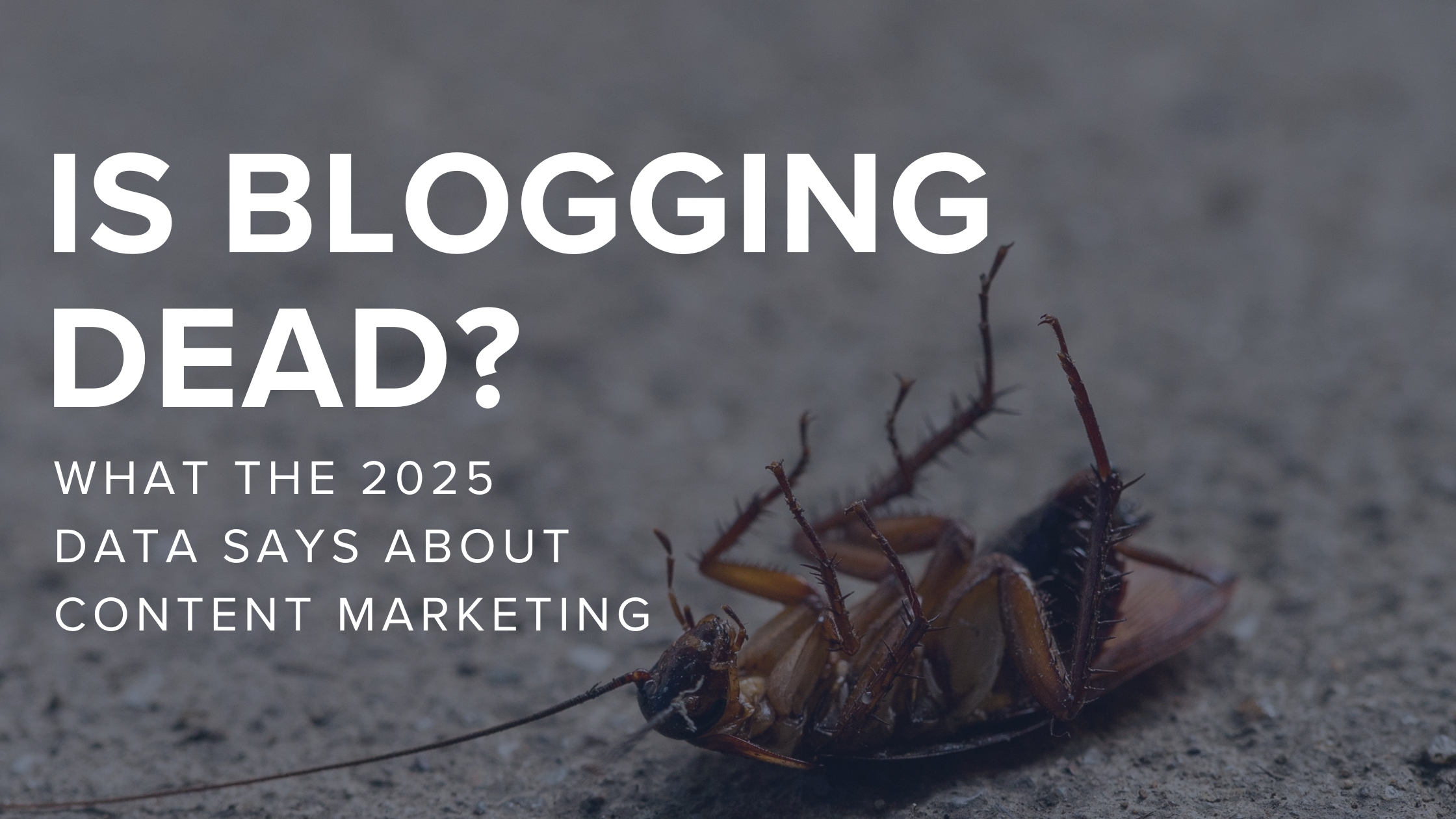B2B Website Design Best Practices That Work
Many companies initially search for suppliers or service providers online. A high-quality, optimized, attractive, and attention-grabbing website is,...
5 min read
 Amanda Meade
:
February 21, 2022
Amanda Meade
:
February 21, 2022


Lead generation is the main focus of most marketers. However, getting more leads poses specific issues, especially in the B2B environment.
According to Statista, the most challenging factors in qualified lead generation strategies relate to not understanding the value of your product and addressing a niche audience. Of course, your audience might not know about your product or service in the first place.
All that boils down to serious communication problems.
The guide below teaches you to solve those problems and build a lead-generating website. As a result, you’ll raise brand awareness, enhance engagement, and increase sales.
The first thing to set straight when designing a dynamic website is your Content Management System. That CMS is your website’s foundation because:
It makes your website look good, and:
You can update the website by yourself, without a programmer’s assistance
Besides, CMS platforms like HubSpot integrate with SEO so that you can create great content and optimize it easily with keywords and meta-tags.
That brings us to the following point:
Catching people’s attention and raising their interest generates more leads. You can easily do that with:
A series of simple messages composed of short sentences. Evernote is an excellent example, thanks to its succession of two three-word sentences: “Tame your work, organize your life.”
Trust your gut instinct. Some editing tools may correct your content unnecessarily. For example, the two sentences above are automatically marked as missing conjunction.
Ask questions. These questions will have to reflect your audiences’ needs and why they’re on your website. Let’s say you’re selling e-mail marketing software solutions for other businesses. In this case, this question can appear on your front page: “Do you want to increase your e-mail open-rate by 50%?” To make it even better, add a “here’s how” button below so that your leads can opt-in immediately.
Tease your customers. For example, your homepage can have a specific section with this month’s offers or limited product ranges. Here’s the catch: ask your visitors to sign up first to see the entire offer. That way, their curiosity will motivate them to give you their details if your incentive is good enough.
Post interactive quizzes. These quizzes work best for innovative products or when people face a wide range of choices. As such, your website’s visitors take a test to find out what product suits them best. Use a clear CTA to get more conversions at the end of this interview.
Write relevant blog posts. You must understand what your audience needs to write relevant content that solves their issues. That’s your first worry. The second is optimizing your content so that search engines can rank your website higher.
Targeting your audience is marketing 101. But how can you address different markets through the same website to generate more leads?
The solution is to separate messaging for each audience.
Break down the reasons why different audiences need your product/service in separate sections. This method keeps your website neat and clutter-free, which is another advantage.
Hello, easy navigation!
Your website must have clear CTAs to convert those leads. If your bounce rate is 90%, search engines will consider it irrelevant and hide it.
Here’s how to avoid that:
Write clear CTAs. Your audience should immediately know how to get to the purchase page.
Use several CTAs. Evernote also makes good use of their CTAs, adding them whenever possible. So, consider this advice and try to hook your audience with unrefusable offers every time you get the chance (e.g., customizable plans, use cases, research sections, signing up for free, etc.)
Tie your CTA with a direct message. Wix starts with this message on their website: “We Know You Love WordPress but You Deserve Better.” This straightforward message starts from a true statement, offering a tempting alternative. That’s why the “Let’s talk” CTA button below works so well to enhance this temptation. Conversely, a more direct order such as “Sign up now” or “Choose Wix” would make people withdraw and instinctively refuse the alternative.
Add a location finder. Sharing your location near the CTA will make it easier for people to find you and directly visit your store/business.
A website without images is like a dish with no salt; we get that. However, overdoing it with unnecessary animation can bring your ranking down because it confuses people.
And that’s how you can lose leads.
Remember that your website’s visitors scroll down fast down your homepage to understand how your brand can help them.
If the animation fades in and out while scrolling, they’ll miss half the info.
As a result, they’ll go away without purchasing your product/service and without coming back for more details.
Here’s the solution:
Use beautiful and relevant product shots to:
Place your product front and center
Help users understand what they should expect/ how the product works
Remember to use relevant images:
Say no to stock photos.
Use images that resonate with your audience. For example, Basecamp shows a whirlwind of app icons that emphasize this truth: using too many tools feels confusing and overwhelming. Besides, Basecamp leverages testimonies – but we’ll discuss that below.
Video has an online usage reach of over 90 percent.
47% of companies use videos in their e-mails.
54% of businesses use videos in their landing pages.
The leading type of video used by B2B companies is product demos.
If you want to get more leads, your website must be straightforward.
For your audience, not for you and your marketing team who knows your business inside-out.
Thus, focus on offering your audience easy choices:
Highlight essential sections of your website to smooth out navigation.
Offer opportunities to take action (e.g., sign up, learn more, etc.) so that people can spend more time engaging with your content and ultimately convert.
Give them clear contact options, with different sections for sales and support.
If you want to increase your leads, you must keep people interested in and interacting with your website. Purchasing your services is even better.
So, you’ll have to offer incentives:
Draw attention to your best products. Make it clear what is best for using simple messages and telling images.
Link to other resources. Offer plenty of reading material, infographics, and videos so that people can understand how your products will help.
Offer alerts. Ask people to subscribe to get alerts when a new product comes up.
Offer trials/tests/customization options. For example, the quizzes we discussed above are great tools to engage your visitors more and get more recommendations. Ultimately, that’s what gets you more traffic and a higher ranking on Google.
We, humans, are social beings. So, we want to be part of a group, and we love to have things that other people have.
Of course, it’s more than craving certain products for status.
People want reassurance. So, if everyone loves your brand, that means your products/services are top-notch.
That’s why you should incorporate user-generated content in your marketing strategy and, obviously, your website.
Post them on your website once you have enough social proof (e.g., reviews, customer photos). That’s how you can:
Get validation
Attract more attention
Become more credible/expert
Increase your sales
Pro tip: Give a shout-out to customers you’ve published on your website. They’ll share your web page on their social media, thus getting you more traffic.
Of course, make sure to ask for permission before you post any of this content on your website/social media accounts.
Attracting more leads starts with a good platform that optimizes your website. Next, you have to post relevant, practical, and convincing content that keeps people interested and engaging with your website.
Sounds easy?
Don’t forget that you need the right platform and solutions to achieve this goal.
*Editor's Note: This blog was originally published in 2019 and has since been updated.

Many companies initially search for suppliers or service providers online. A high-quality, optimized, attractive, and attention-grabbing website is,...

1 min read
👀Well... we made you look, didn't we!? If you’ve found yourself wondering, “Is blogging still worth it in 2025?”—you’re not alone. With the rise of...

55 Brands who prioritize blogging efforts are 13x more likely to see positive ROI, and 55% of brands say blog content creation is their top inbound...